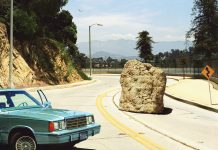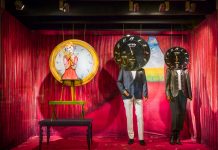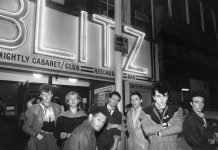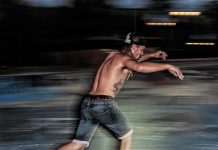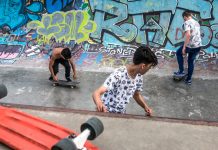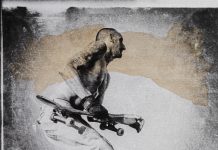CITY 00SKATE DAYS
In skate, life passes between the present and the future, between what you are capable of doing and what you have not yet tried.
City 00Skate days (CSKD) is a photographic project about the world of skate, raised from a vision that tries to go beyond its sporting aspect. It is not just sport. Skate is a formulation of the world that generates signs, concepts, actions, habits, cultural patterns, a whole set of complex expressions and expressivities. A world that emits its signs, and projects them in a system of values. Individual expression, creativity and authenticity formalize the sporting action, the training, the milestones that each skater has to overcome as if everything had been invented anew. But in it there is a subcultural substrate, a way of seeing and living the world.
Every time a skater manages to perform the first ollie, an exercise on which many of the figures and tricks of skate are based, the world manifests itself again under the symptom of an effort that has its reward: the connection with oneself and a community. Each time a skater progresses to other even more complex figures, the world expands into something that has yet to be discovered. You can go where you want. Imagination, creativity and will are the only limit.
It is not about sublimating a sporting activity, but about contextualizing an apparently inconsequential purpose that fuses the individual and the collective, and configures a cultural framework of the first order. In skate, life passes between the present and the future, between what you are capable of doing and what you have not yet tried. Those two moments define a practice that has more to do with a mental state than with a mere sporting circumstance. The present configures it from recreational action. The future remakes in the imagination the vision of your own will. That is the implicit value of its figures (tricks).
There are other ways to define skateboarding. But in what I wanted to express with City 00Skate days there was implicit a way of portraying the need to be in a place, sometimes in a limited redoubt like a skatepark, other times in the twists and turns that many skaters travel in urban space. Places that could be opened to new uses, apart from the hegemonic power on which life in the city is based.
The skater is a social figure who, without consciously or intentionally trying to do so, defies the rules, engages in action free from bureaucratic constraints. Brian Glenney and Steve Mull would call it «a feeling of empowerment through movement»¹, a fact that has a lot to do with the cultural construction of skateboarding beginning with that other idea that, applied by Becky Beal in a study on social resistance through the skate subculture ², postulates that the subject can challenge dominant practices, create alternative models and potentially encourage social change through cultural action.
Those changes may be minor or only relevant to that community, or they may not have particularly noticeable consequences at first glance. But the result is always the valuation of daily life beyond the mechanisms of an imposed ritual. The skate-world creates other needs.
A paradigmatic example, which runs through the entire history of skateboarding, has to do with the appropriation of urban space, with the rediscovery of the city from a body that slides, as if everything, any place or object, an isolated street, an abandoned swimming pool, the stairs of a shopping center or a financial institution, or the curb that surrounds a monument, all this could always be located in a symbolic margin molded under other criteria.
The world does not stop. That is the variable with which I wanted to impregnate the project when I started it in 2015, in the face of seeking to get out of my own daily life and verify that this idea is always feasible, healthy, untamed.

